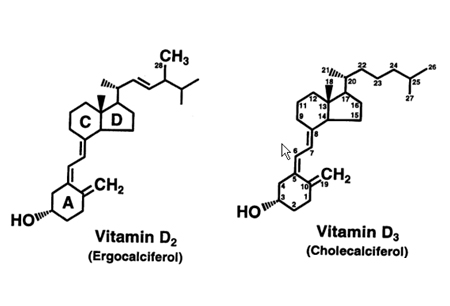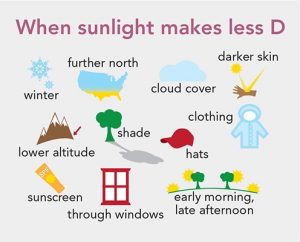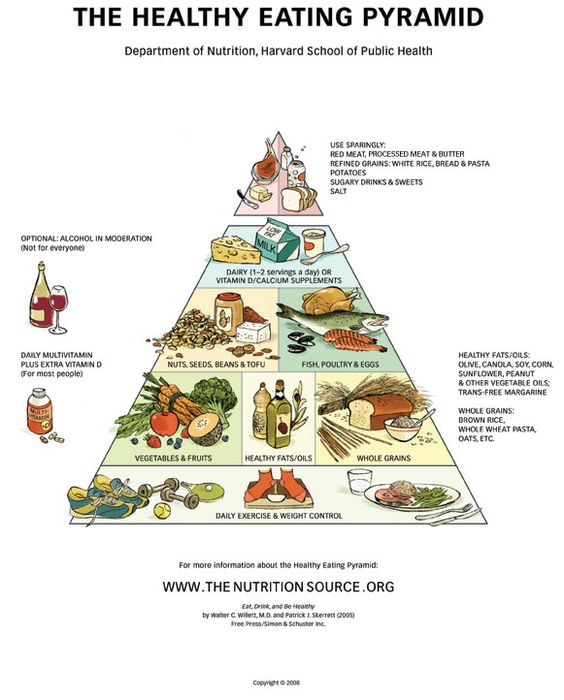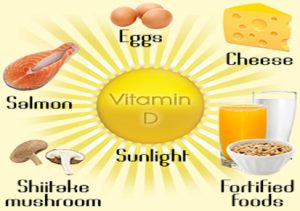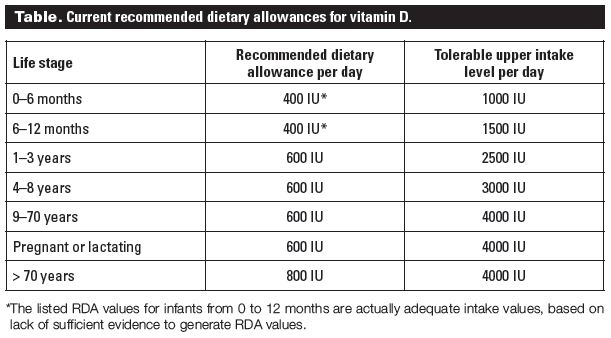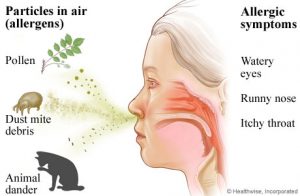Most of us are aware that exercise is good for our body, it improves our aerobic capacity as well as trims our waistline. But did you know that exercise can also be the prescription to depression, anxiety, stress and your overall mental health? Multiple studies have shown that physical activity can improve mood and reduce symptoms of depression and anxiety. A study conducted by Dr McLafferty at the University of Virginia monitored older adults that took part in resistance training for 24 weeks and found out participants showed an improvement in total mood scores, as well as decrease in confusion, anger and tension. Likewise, in a study conducted by Dr Janisse, the mood of woman who recently started a walking program was observed, increased physical activity was associated with greater positive mood.
Although numerous studies have shown the benefits of exercise on mental health, it is still an understated concept in society. In the following video, Joseph Everett tells us why physical activity is far more beneficial to mental health then physical.

Video from : https://www.youtube.com/watch?v=DsVzKCk066g
Depression, anxiety and stress are usually cured by prescription medications; however many times these drugs fail to bring back inner happiness in individuals. In the following video Sarah Lambrick, a former depression patient states how no medication could help her with her mental illness, except physical activity. Miss Lambrick also emphasize how prevalent is mental illness in Canada.
Video from: https://www.youtube.com/watch?v=CfexzLm7KC0
If your suffering from any sort of mental health issues, increasing physical activity could be a very beneficial mechanism to restore happiness in your life. Exercise has proven to boost brain growth and functions including neural growth, reduce inflammation, and increase new activity patterns that increases calmness and well-being. In addition, exercise also enhances the release of endorphins, a very compelling chemical in your brain that makes you feel good. Therefore, before taking downs those prescribed medications try to go for a long walk to get away from negativity, and straighten your mental health.
by Kimty Chowdhury


